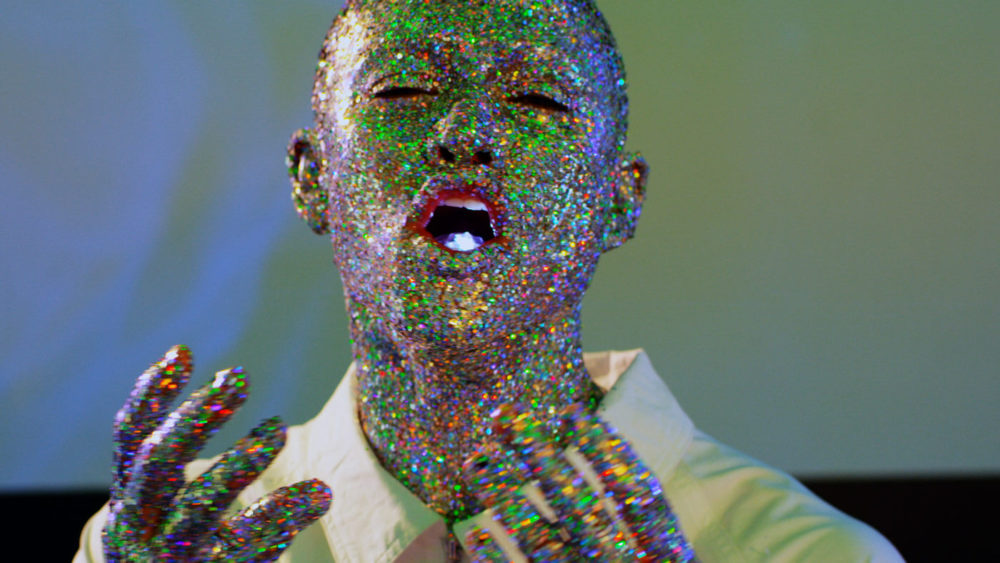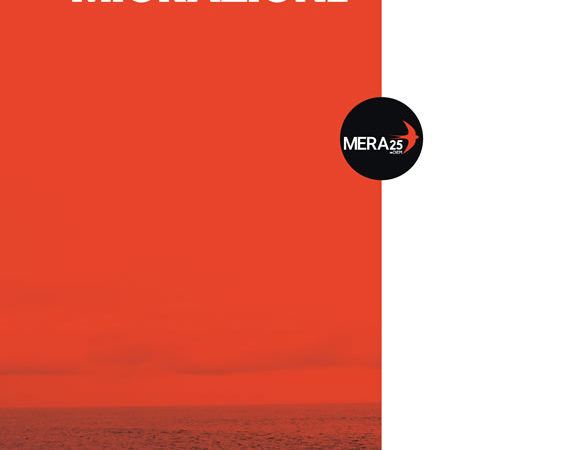Trans Visibility Day 2021
My mother thinks it’s ok for me to be queer, as long as it doesn’t show. It’s even ok for me to be trans as long as I don’t wear those wigs: ‘you just don’t see people going around like that’. I’m allowed to be who I am, as long as it’s not visible, as long as it’s not announced, as long as it’s not seen and produced in the public sphere.
A lot of the battles being waged against the trans and queer community are about which public spaces we are allowed to inhabit with our queer bodies: public spaces like bathrooms and legal spaces of gender recognition, the ability to wear what we want, professional spaces we fit in, or even allowing us to be called the name we choose. Indeed, “Gender non-conforming people are framed as the problem. Not: gender norms. The onus is on us to modify what we look like to make other people more comfortable. Never for them to stop attacking us.”
I have been incessantly policed by the people around me, in all spaces where I have shared any kind of coexistence
We constantly police each other in all of our interactions and conversation, from what we wear, to how we move, what and how we speak about and how we interact with each other’s bodies. All trans and gender-non-conforming people are aware of the restrictions under which we are expected to exist, and we pay for it with constant discriminations that escalate from daily aggressions to bodily harm, violence, and death. Trans women historically have a very low life expectancy as a result.
The problem remains an issue of performance, of the unacceptability of the visible characteristics that could point to trans identity. In the very same way that arguments have been used against the over-zealousness of the queer community to visibly declare itself: ‘you can do what you want in the bedroom as long as you don’t wave it in anyone’s face’. This conflation of sexual preference with gender dissidence is revelatory of how policed sexual practices are.
The aim of this policing is the subordination of non-reproductive sexual acts to the heterosexual prerogative. In the same way, trans people are structurally subordinated: we are expected to disappear ourselves to reaffirm and confirm cis-heterosexual privilege in social, political and medical spheres. As Maurizio Meloni states, “Science and knowledge are the plastic objects of power, but so is politics the plastic object of scientific facts and expert claims. Therefore, power and truth, matters of fact and matters of concern, loop back to each other.”
My own place in the family as a gender-non-conforming individual, from an early age, has been one of subordination: I have been explicitly denied equality and relevance violently, consistently and continuously to the detriment of my mental, physical and emotional health. The oppressive nature of the family nucleus and the defense of its supremacy over everything else has cost me, and the vast majority of trans people, dearly.
Aleardo Zanghellini explains for example that “Structural subordination on the basis of sex dominates gender-critical analysis to the virtual exclusion of everything else.” This kind of erasure means we trans folks have had no role models growing up, or are tokenistically or negatively portrayed, our histories are not taught in schools, and the stories that are told of us are invariably tragic and laced with hate and prejudice.
Trans day of visibility is about elevating our stories and our successes
For many of us just breathing and living is a story of survival and conquests. Nothing we may have is given to us. No dignity is ever afforded us: when we are not an abomination, we are a danger. Unwelcome. For me, to be here writing these words with a lucid mind and rational awareness of the contexts I exist in is a miracle. I wasn’t supposed to be here, I wasn’t supposed to have a story to tell, I wasn’t supposed to have an opinion worth defending.
The very nature of trans identity and its dissident potential makes the search for a way to exist urgent: gender dissidents have had to find a language and construct families, that by their very nature are places of activism and resistance. My visibility in itself is political, which makes activism and movement building, whether within DiEM25 or my work in disadvantaged and violent communities, an obvious and logical extension of that very visibility. It is not just about a matter of survival but also the right to thrive.
As Sari Reisner (trans doctor and researcher) says in the Lancet “Gender diversity exists in every culture and geographic context. It is to be celebrated, not pathologised.” And so here I am, in my transfeminine beauty and power, unashamed and celebrating life. I choose to be visible. I choose to be seen. I choose to celebrate myself conscious of what that means for me and for all of us.
Society’s problem with me is that I am unapologetic to its norms and their intent at stifling dissent
My unwillingness to disappear is held against me as a sign of mental and clinical disorders. My visibility, and all queer visibility, is not seen as positive or desirable. It is singled out as abhorrent, kitsch, over-the-top, exuberant and camp: queer bodies exceed the confines of good and acceptable taste and are defined as dangerous in opposition to the virile, white, heterosexual european male, establishing and reproducing its supremacy.
The importance of visibility is about the ability to participate in life in a dignified manner and to have our medical, legal, and social needs met. Indeed, “The needs of transgender people are little understood in all sectors of society.”This means that trans stories deserve the right to see the light of day, to contribute to our collective vision, to move the discourse and the debate beyond the cul-de-sac we are faced with in this historic moment: we need a plurality of voices, with a wealth and breadth of visions and possibilities.
The gender binary system is the very cornerstone of the ruthless capitalism and colonial patriarchy that has laid waste to a planet that is fast losing all its beauty, for the sake of a binary do-or-die scenario where only the very few can afford the privileges to abstract themselves from the violence of the reality billions have to face every day.
Trans Visibility is dissidence, it is polemic because it questions the “existing power, gender and racial structures invented by modernity” and its colonial supremacy of destruction.
Barbra Boustier is a member of the thematic group on Gender (Gender 1 DSC) at DiEM25.
The views and opinions expressed here are those of the author(s) and do not necessarily reflect DiEM25’s official policies or positions.
Photo: Performer and artist Wu Tsang‘s work.
Photo Source: The Vinyl Factory.
Volete essere informati delle azioni di DiEM25? Registratevi qui!




